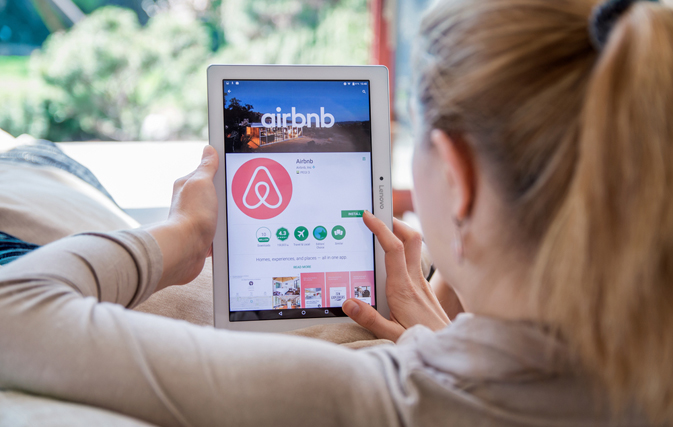MONTREAL — New research suggests a small number of large commercial property owners are the most successful on Airbnb and are eating up the local supply of housing in Canada’s three largest cities. The study validates what the hotel industry has been saying for years as it fights for a level playing field with upstart sharing economy accommodation sites like Airbnb.
A team of urban planners from McGill University looked at Airbnb trends in Montreal, Vancouver and Toronto and noted a 50% increase in the number of short-term rental properties year over year.
Using figures from an analytics firm, lead author David Wachsmuth said his team found that 10% of hosts account for nearly half of the $430 million yearly revenue in the three Canadian cities.
The study, which is entitled ‘Short-term Cities: Airbnb’s Impact on Canadian Housing Markets’, was published Tuesday.
Airbnb rejected the findings, saying in a statement they misrepresent the profile of home-sharing hosts. It added that 80% of them share their homes three or four times a month.
The company said only a small fraction of homes in Toronto and Vancouver are rented often enough to outdo long-term rentals.
“The author of this study has a history of manipulating scraped data to misrepresent Airbnb hosts, the vast majority of whom are middle-class Canadian families sharing their homes to earn a bit of additional income to help pay the bills,” said Airbnb spokeswoman Lindsey Scully.
Wachsmuth said he doesn’t dispute the 80% figure, but added it is misleading.
“We found two big things: the first is that there has been a very significant concentration of Airbnb activity – both in terms of what bookings are occurring and who is making money – among a very small set of hosts,” he said in an interview.
“What we found is that just 10% of hosts are accounting for a majority of the revenue (50%) that’s being earned on Airbnb across the three cities. And that concentration is increasing.”
Those multi-listing hosts include some people with multiple rental properties and, in some cases, larger commercial property management firms.
The study suggests the number of entire homes available, full-time listings, and hosts with multiple listings are all on the rise.
“What ties them together in common is these are not families renting homes while they’re out of town … these are people using Airbnb and other short-term rental platforms as a platform for making money off housing and doing so in a way that’s reducing the available supply of housing in those cities,” he said.
Wachsmuth suggested a few remedies, including limiting hosts to one rental property and putting an end to full-time rental homes by capping the number of nights they are available per year.
Lastly, Wachsmuth said he would like to see Airbnb and similar platforms enforce these changes by rejigging their websites.
For its part, Airbnb said it has worked with the Canadian cities in question to share data and information about its users.
One proposed change would ban people from renting out homes that are not their primary residences.
Tory says such a move would help stabilize neighbourhoods by limiting the number of people staying there temporarily, while also potentially putting housing units back on the market for longer-term tenants.
Other recommendations include licensing short-term rental companies such as Airbnb, creating a registry for people who operate short-term rentals, and changing zoning bylaws to create a new land use classification for short-term rentals.
City council must vote on the recommendations, and Tory says the proposed rules are still open to public consultation and feedback.
But the mayor said there’s a need to address the short-term rental market in the city, which defenders argue brings millions of tourism dollars into the city. Airbnb estimates its users spent about $417 million in city neighbourhoods last year.
Tory argued that those who snap up secondary properties that they then list on Airbnb and similar websites risk destabilizing neighbourhoods by introducing transient populations into otherwise residential areas.
He said the proposed new rules, which the city estimates would remove about 3,200 properties from the short-term rental market, could limit that risk.
The Hotel Association of Canada has long argued for a level playing field with services like Airbnb. The HAC has a laundry list of things it wants to see happen with short-term rental services, including requiring hosts to register for and obtain business licenses, health and safety standards, taxes and fees paid, adherence to zoning laws, appropriate levels of insurance and a maximum number of room nights available.
With files from Canadian Press

